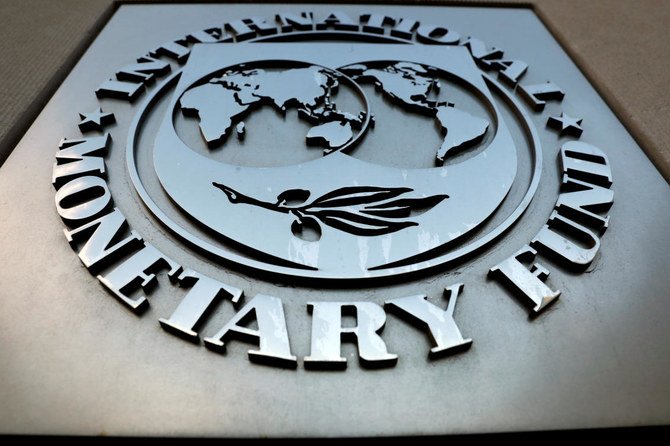
IS Pakistan close to salvaging its $6bn deal with the IMF, which remains suspended for the last eight months? The prime minister’s finance adviser, Hafeez Shaikh, thinks it is, as he revealed that an IMF mission will visit Pakistan in a few weeks to “give a formal structure” to the ongoing discussion on how to revive the stalled programme, and repeated that “good news about the country’s economy was pouring in from all four corners”. The discussions between Islamabad and the mission will primarily focus on plans to improve the tax system and collection, as well as the power sector, according to the adviser. If talks are successful, as is being hoped by the government, the programme will be revived, paving the way for the release of the third loan tranche of over $500m. So far the multilateral lender has disbursed $1.5bn under the facility.
While the details of the ongoing discussions between Islamabad and the global lender of last resort haven’t emerged, we know that the programme was stalled after the government wanted the Fund to not pressure it for raising power tariffs till June for full-cost recovery from consumers as agreed to in the deal signed in July last year. In response, the Fund had delayed the approval of the second half-yearly programme review, withholding the third tranche. A month later, the Covid-19 pandemic had fundamentally changed economic realities, both domestically and globally. Since then, Pakistan has digressed from the fiscal, monetary and structural reforms framework agreed upon with the IMF to counter the adverse impact of the global plague on the economy and people. Fiscal and monetary measures implemented by the government and the central bank have since helped mitigate the virus’s economic impact. Generous financial assistance from the IMF as well as other multilateral lenders also complemented efforts to shield the economy from the outbreak’s adverse impact. Indeed, the government is in a difficult situation, despite signs of recovery. The turnaround remains fragile in the absence of deep structural reforms that has been dragging down the economy every few years. Simultaneously, the implementation of reforms and the possible reversal of fiscal, monetary and regulatory incentives for businesses in case of resumption of the IMF programme will ruin the bullish market sentiment and upend the recent gains the economy has made. Thus, Islamabad and the IMF need to find a middle way to advance reforms without hurting the revival of growth prospects.
Published in Dawn, November 19th, 2020
Source: https://www.dawn.com/news/1591199/imf-programme

